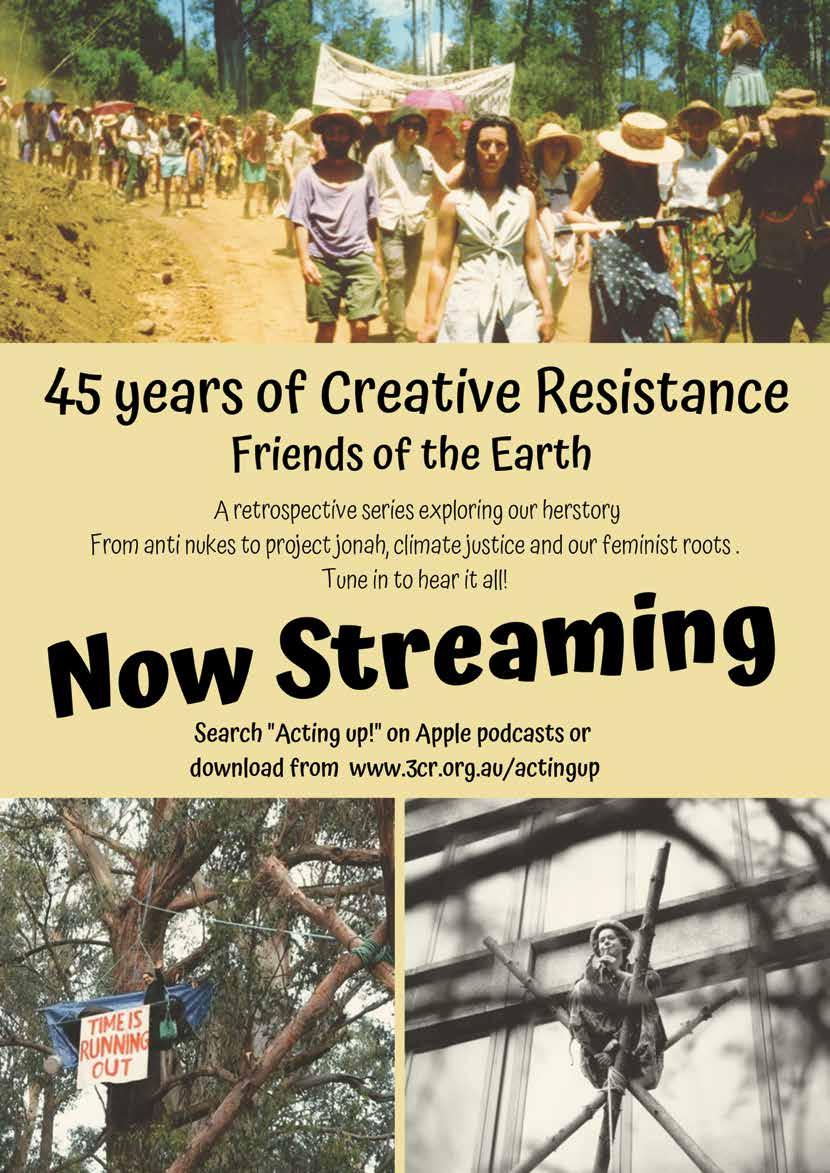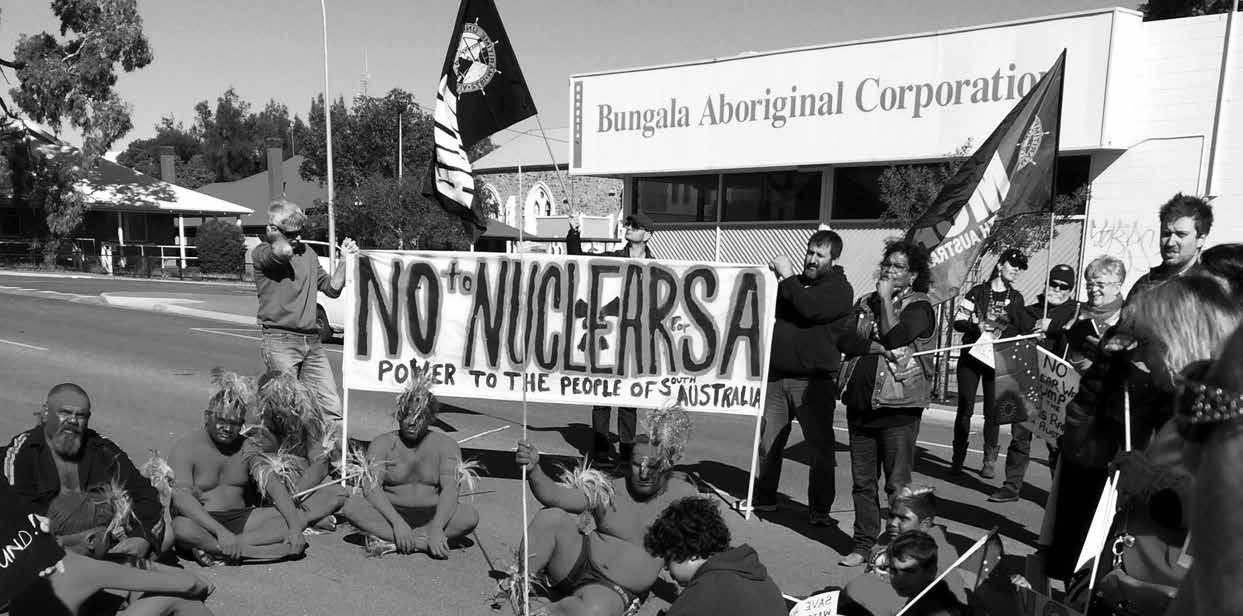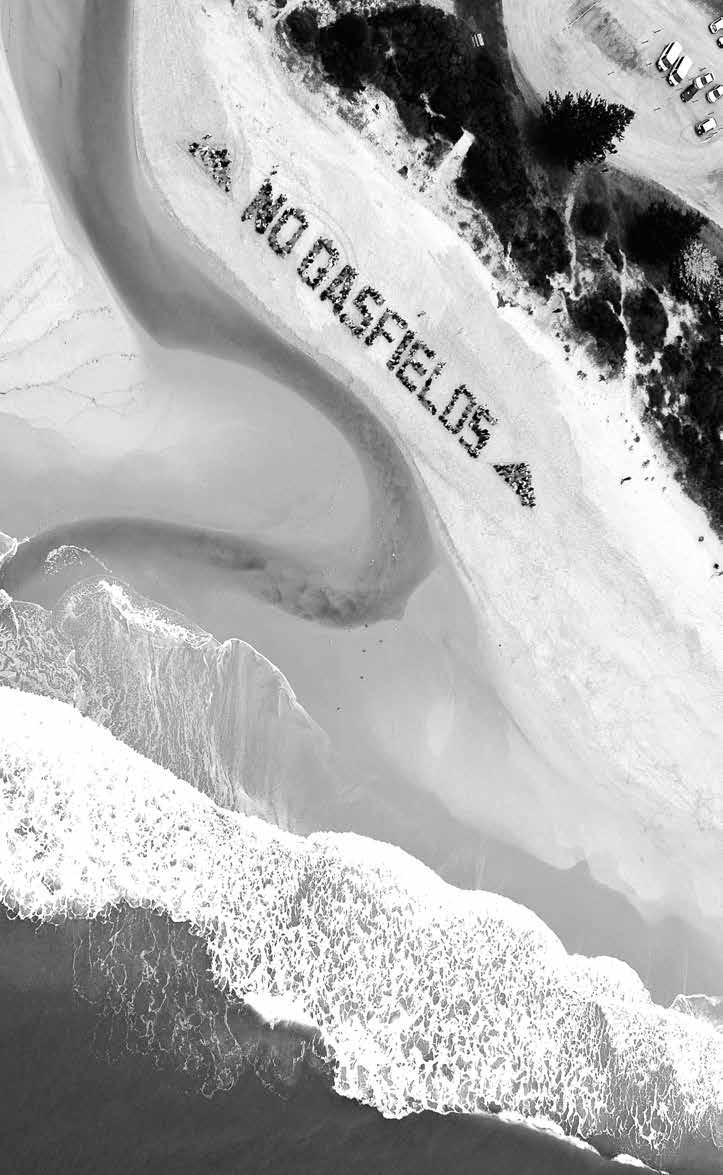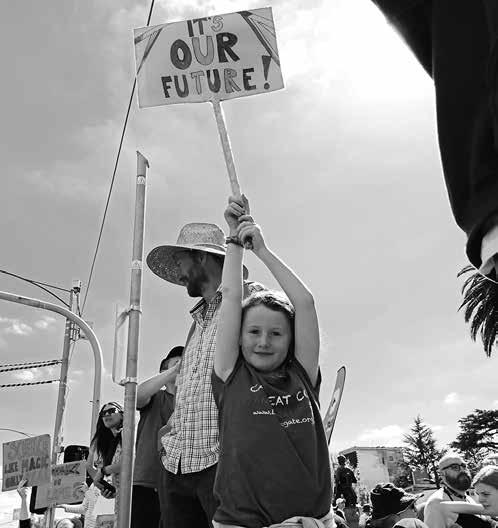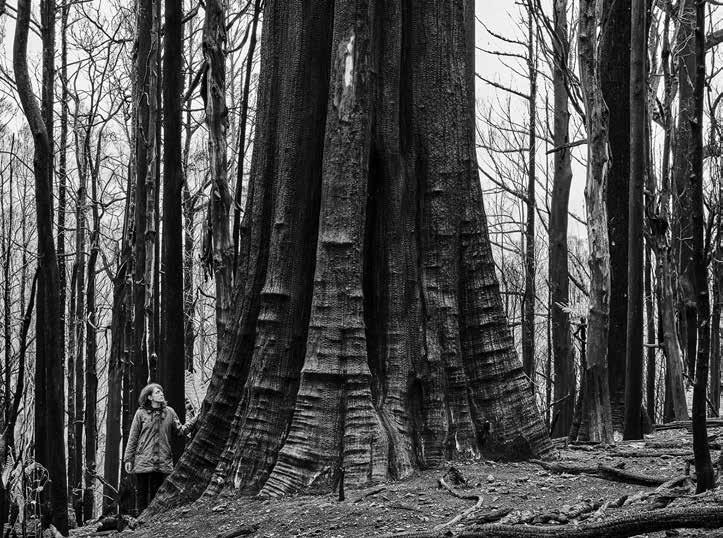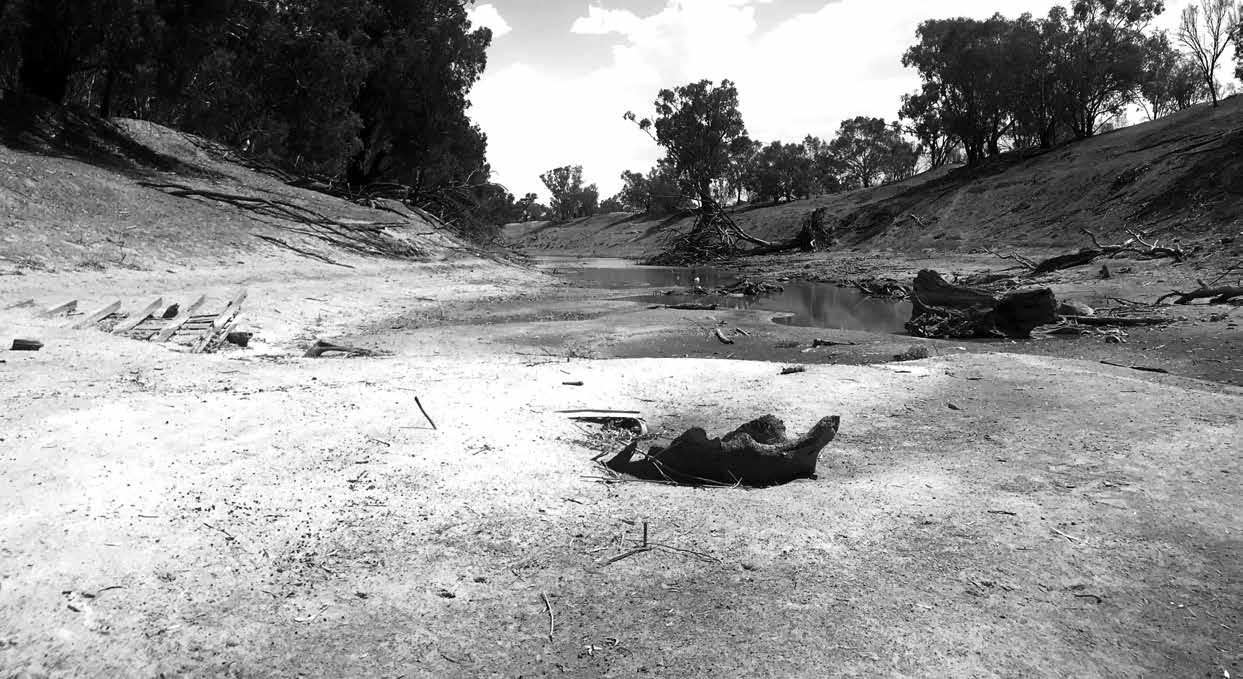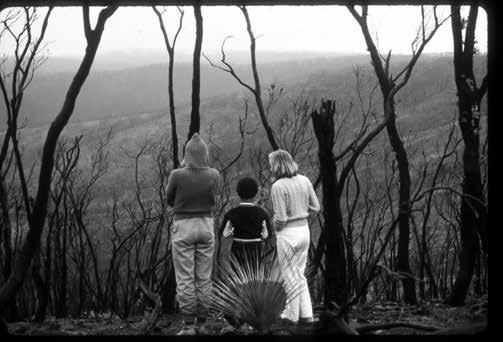The coronavirus crisis can only be tackled with peoples’ sovereignty and environmental, social, gender and economic justice A statement from Friends of the Earth International, 15 April 2020 www.foei.org/news/covid-19-coronavirus-crisis-system-change
Friends of the Earth expresses its deep concern and solidarity as the world faces the COVID-19 crisis, which is already impacting so many peoples globally, especially those affected by structural inequalities. The heavy toll on human lives is profoundly shocking, in a world that was unprepared for such a disaster. This is a crisis that reaches well beyond the pandemic’s unfathomable health impacts, exposing systemic environmental, social-economic and gender injustices, and detrimental political causes and consequences. This crisis is fuelled by the current politicaleconomic system, which exacerbates its impacts and imposes significant obstacles to structural responses. The dire consequences of the coronavirus are the result of the ever increasing concentration of wealth and the imposition of a neoliberal doctrine that sacrifices the preservation of life. It is clearer than ever that the free market based economy is the problem, not the solution. Neoliberalism has led to the privatisation and weakening of public health and social security systems and public services, the dismantling of workers’ rights and flexibilisation of labour, and increased exploitation of women’s work. It has given extraordinary powers and privileges to transnational corporations, while reducing the role and position of the State, leaving our world more vulnerable to the impacts of this crisis. The pandemic is unveiling and aggravating the brutal inequalities of capitalism between and within countries. It is undermining our core human needs and leaving millions vulnerable to a sudden loss of access to a means of survival. Many people simply cannot self-isolate, practice physical distancing or stop working. Evictions will become the norm as people cannot afford their rent and mortgages. The hardest hit will be the rural and urban working class, Indigenous Peoples, women, peoples suffering from racism, migrants, refugees, peoples living in areas of war and conflict, and peoples in countries enduring economic blockades. We will continue to see increasing numbers of workers losing their jobs, and migrants facing a criminal denial of their human rights, as well as higher and longer walls.
20
Chain Reaction #138
May 2020
COVID-19 is exposing the magnitude of the care crisis in our societies: a crisis that has developed over centuries through the failure of the patriarchal, racist, capitalist system to care for peoples, nature and territories, and its reliance on the work and bodies of women to make up for and fix the damage caused by the capitalist neocolonialist system of exploitation. Through the sexual division of labour, women have been and continue to be socially responsible for, and burdened with, care work. Working class women and families and single mothers are forced to choose between confinement in the home or working to feed their families, at the risk of catching the virus. This is particularly true for women suffering from racism. Front line health workers, of which women make up the majority, are facing even greater exploitation with inadequate financial compensation for the risks they take and the responsibilities they have for others. The globalisation of the free market system, in which transnational corporations play a major role, has led to a devastating rupture between our societies and nature. The coronavirus crisis is unmasking the true extent to which corporate control of food, energy, forests and biodiversity is the primary cause of the destruction of ecosystems that is contributing to the spread of pathogens that will increasingly affect our health. Agribusiness and agrocommodities production is generating huge public health problems, via the destruction of natural habitats and/or livestock farming intensification. Those affected by respiratory and immunological conditions due to dirty energy and other polluting industries, are particularly at risk from infection. The devastating impacts of extractive industries in the territories of Indigenous Peoples are making them increasingly vulnerable to COVID-19. Their traditional knowledge systems and practices, including health care, food production, storage and consumption, are being weakened. They have continued to be excluded from health care systems and culturally appropriate information about the crisis. The pandemic is compounding the consequences of decades of both the inaction of rich countries in addressing climate change and their harmful policies. The eyes of the world are rightly on the current health crisis; but climate injustice related disasters, such as the recent cyclone that hit Vanuatu, continue unabated and must be addressed. Peoples in the global South hardest hit by climate impacts are now extremely vulnerable to contracting and spreading COVID-19, and with a lack of access to robust health systems. A major food crisis is looming, largely in countries that are import dependent and where lands have been grabbed for agrocommodities. As peoples lose their livelihoods and incomes, they will no longer be able to afford food, which is increasingly becoming an object of financial speculation. The closure of local markets in many countries is preventing peasant, family and artisanal food from reaching the population, while privilege is given to large corporations which prioritise profits over the right to healthy food.


